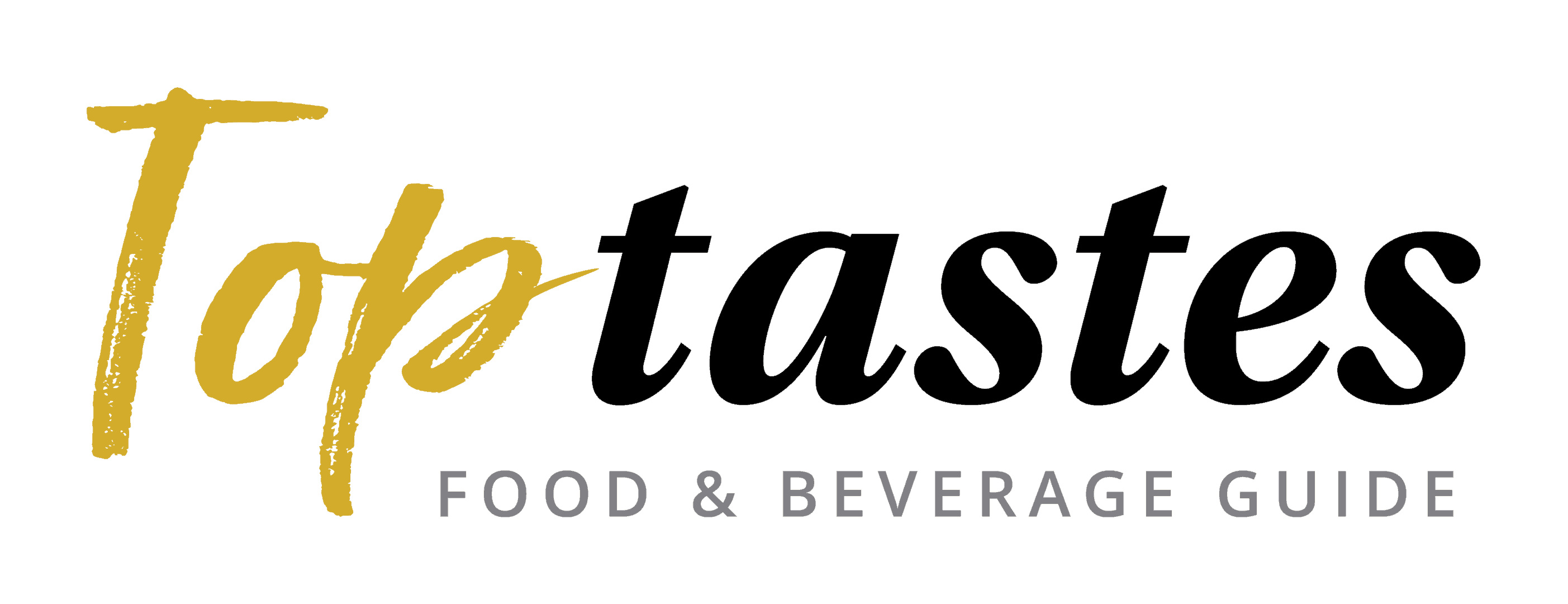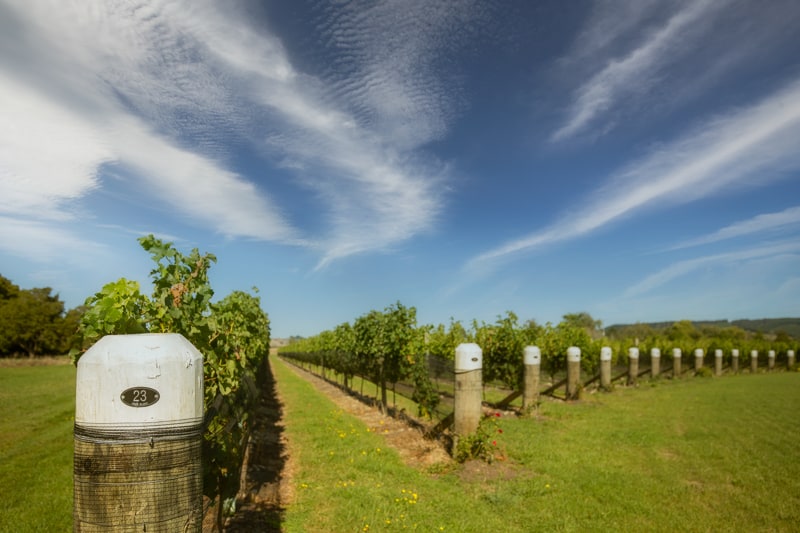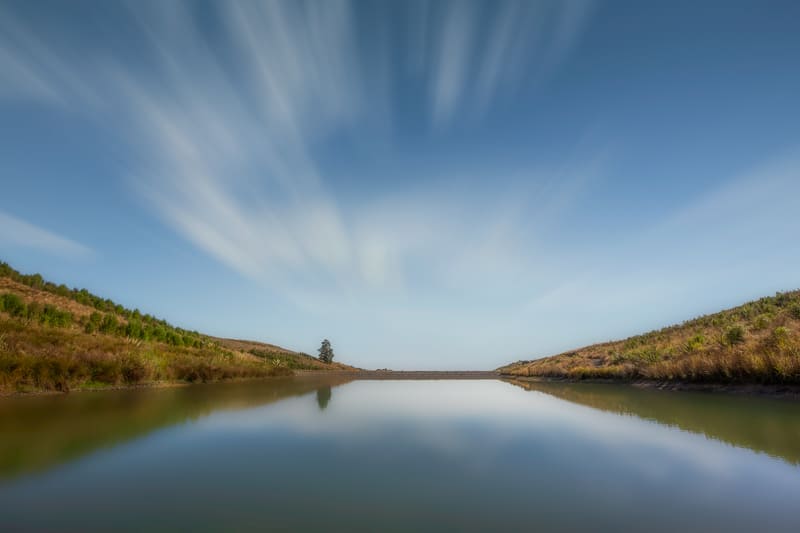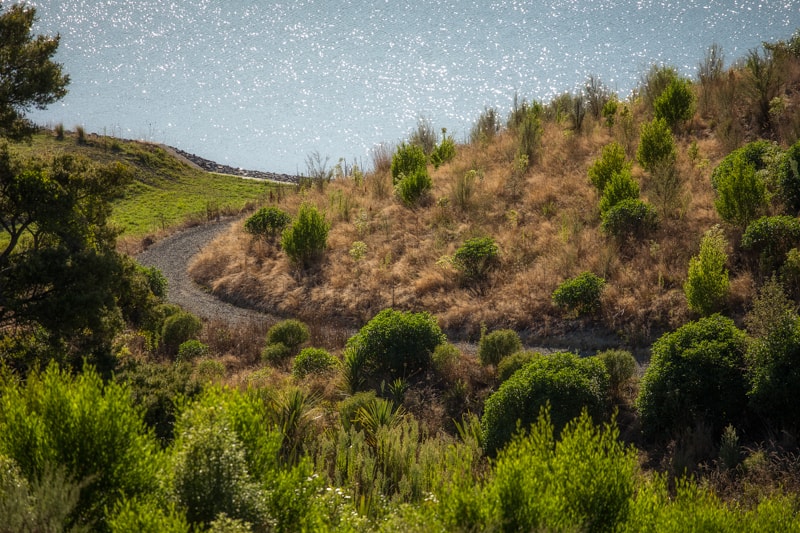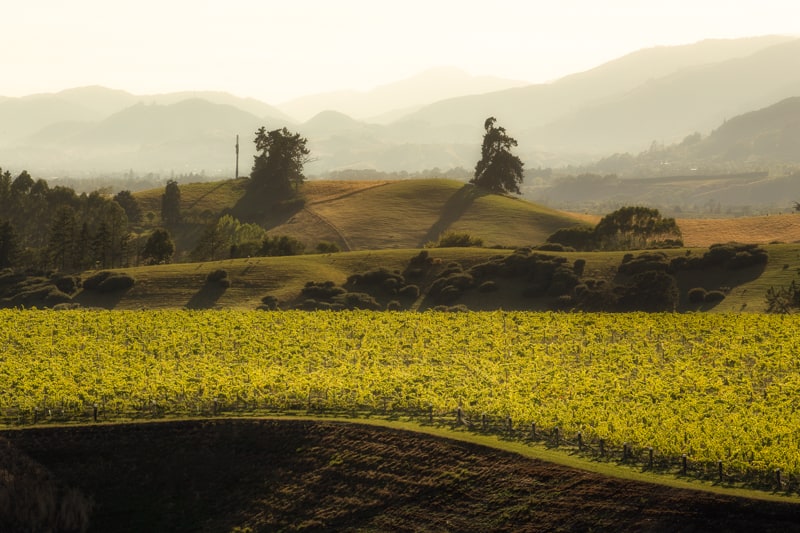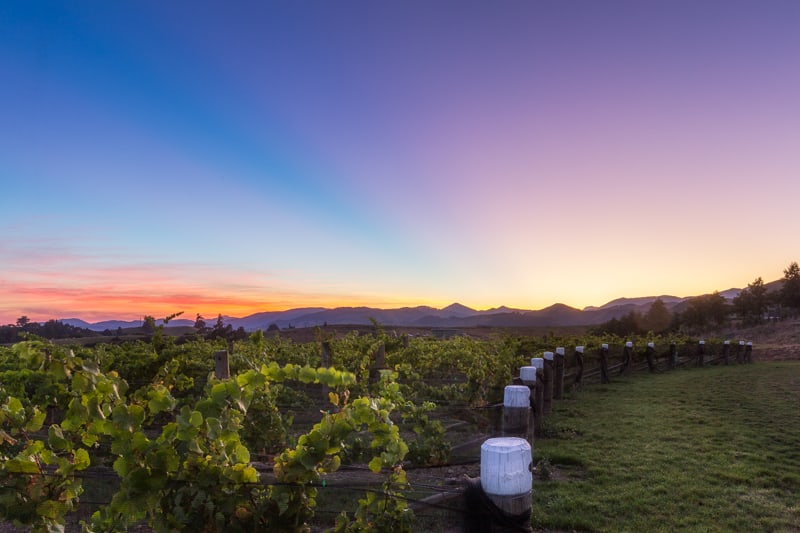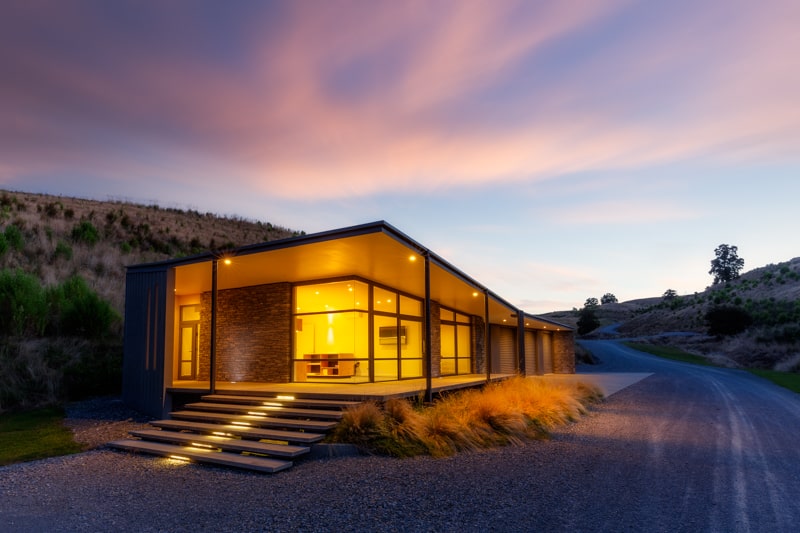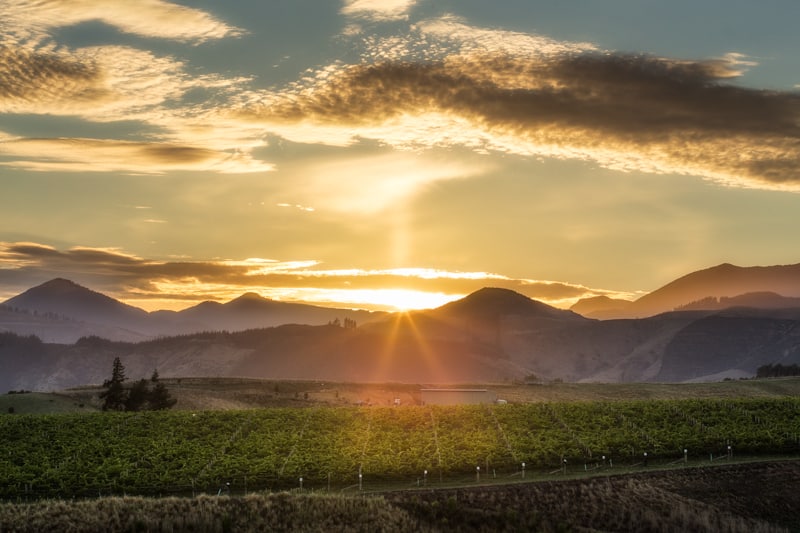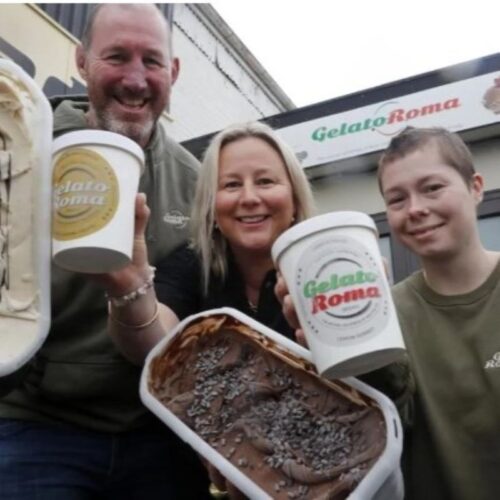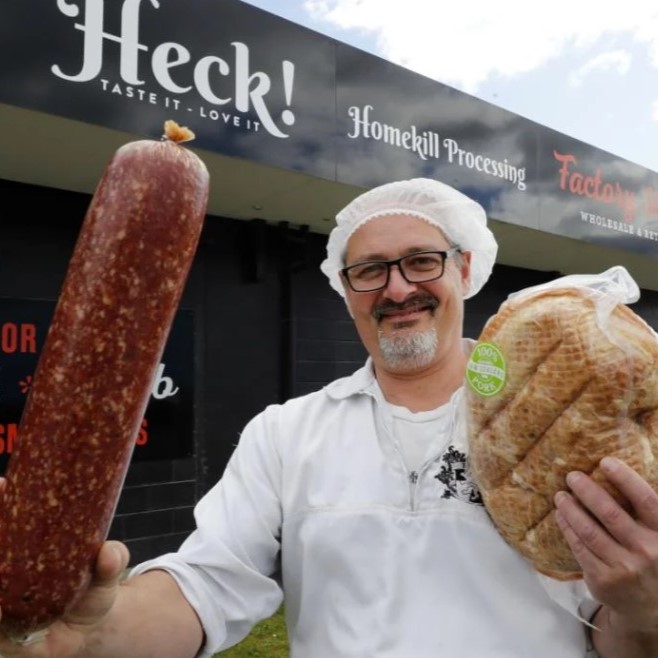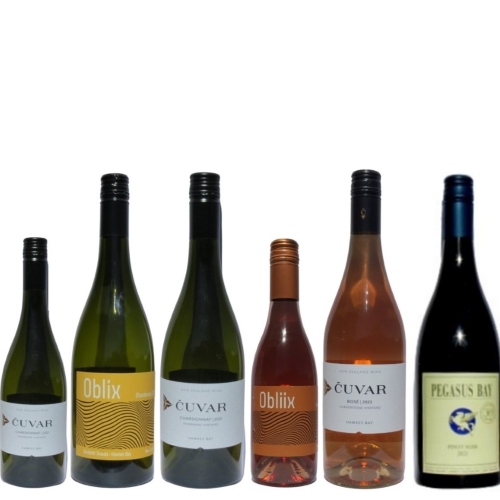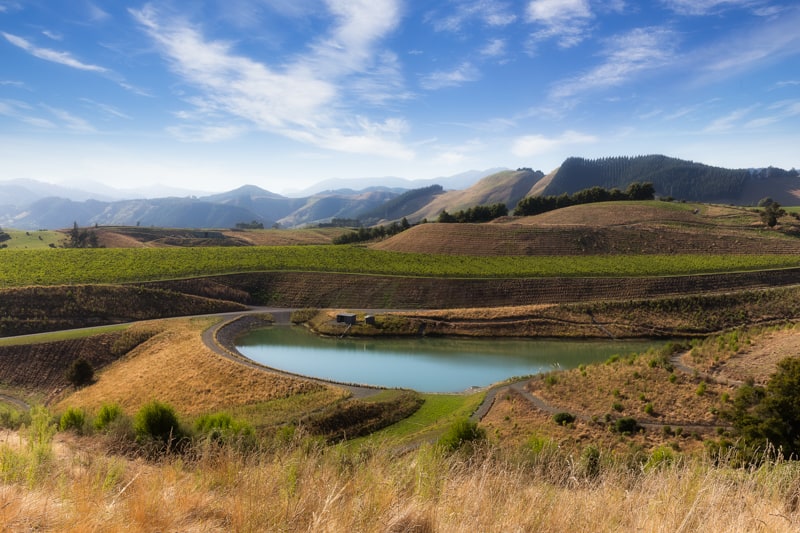
Trophies and Falcon Ridge Estate – Nelson Mail 30.08.16
At the Bragato Wine Awards dinner last Thursday Nelson wineries were shining lights once again with three trophies being awarded to wines produced by Nelson owned wineries.
By pure happenstance my most recent columns featured two of the winning wineries; Jonny Hiscox from Whenua Matua Vineyard grew the grapes for the trophy winning Aronui Pinot Gris 2016 while Tony Southgate from Brightwater Vineyards was the winemaker for Falcon Ridge Estate Syrah 2015.
The third trophy was awarded to the Tohu Wines Single Vineyard Sauvignon Blanc Marlborough 2016, Tohu being owned by Wakatu Incorporation is a sister company to Aronui.
While these results are wonderful the real surprise was Falcon Ridge winning the Syrah trophy, beating all of the big players from the Hawke’s Bay Gimblett Gravels region, a region that has been touting the 2013 and 2014 vintages as two of the best they have ever had.
The Falcon Ridge Syrah is also the very first Syrah produced by this winery making the result even more remarkable and testament to the incredible investment made in developing the vineyard.
Nelson Geologist Alan Eggers has spent the vast majority of his working life searching for and extracting minerals from the ground and ensuring that when companies do mine the Earth for these precious minerals the environment is returned to a better state than when the mining companies arrived.
His travels around the world introduced him to the intrigue and delights of wine. His love of rich Australian reds and his desire to return to his home country encouraged him to find the perfect site to create a small vineyard where he could grow full-flavoured Syrah, rich Pinot Noir, zesty Sauvignon Blanc and give something back to a community he has always had an affinity with.
As a fifth generation local whose great grandfather, Hans, arrived in the 1850’s from the Wismar area on the Baltic coast in northern Germany his ties to the region are strong. Alan says “Hops and forestry, as they are for the family in northern Germany, are our things here along with an affinity with Moutere Gravels and what they can produce, especially in terms of premium fruit and is also part of what I think can be achieved with wine in the region on the right sites.”
“With the Nelson climate, the right soils and sub soils, good viticultural management on free flowing elevated site (as in Europe and California) and hand tending the vines I see no reason why Nelson cannot produce premium wines that compete with North Island reds, Central Otago Pinots and Marlborough Sauvignons.”
Using his deep understanding of soil science and international experience he set about finding a piece of land that had elevated and valley floor contours and on which he could also use his skills to improve the ecology.
Nine resource consents later and after almost three years of re-contouring a hill and valley, creating lakes, wetlands and a site suitable for an elevated vineyard his dream is coming to fruition.
Located in Spring Grove, Falcon Ridge Estate has been designed, built and planted from scratch since Eggers acquired the property in 2008/2009 with the first vines in the small 8.10 Ha vineyard planted with Syrah, Pinot Noir and Sauvignon Blanc in 2012.
The vineyards that were carefully designed, engineered and shaped via extensive earthworks, deep ripping and top soil replacement have been close planted and located on elevated, sunny, perfect north facing well drained Moutere Gravel sites at Spring Grove. The Sauvignon Blanc was planted in Wai-iti Valley river silts and gravels on the flat.
However the vineyard is only part of the Falcon Ridge story, the extraordinary amount of time and money that has been poured into creating a stunning site and establishing something very special is astonishing.
Five diggers, two earthmoving scrapers and four articulated Cat trucks were used full-time to move soil and re-contour the land over a more than two year period.
The estate is also a major native planting restoration project. “We have planted over 400,000 native trees and plants that cost us around $4 each in the ground over the first five years and then maintenance spraying and weed control costs in addition over the following 2-3 years until the plants get established and beat the feral weeds and grasses.”
The property also includes a 12Ha mature native totara forest remnant in a QEII Covenant. “We built several dams, a lake, have undertaken feral flora and fauna pest control, rehabilitated the totara forest and constructed around 14km of walking tracks through the forest, the vineyards and around the lakes and wetlands.
Of course none of this has come easily or cheaply, because of the scale of earthworks proposed a number of locals were strongly opposed to many of his resource consents.
Alan says “They simply didn’t understand the science and engineering behind the proposals and were concerned about things like the dams bursting and flooding them out of their homes.
“When it comes to the dams we have actually solved their regular flooding problems by controlling the high storm event flows in the dams, discharging the flood waters over days instead of a few hours and ensuring the small rivers and creeks are properly contoured and riparian planted to manage flood waters.
“So their properties and land are now in better shape (and improved value) than before we started because they no longer flood regularly.”
“I guess that has been the really frustrating thing, people, including council staff, just didn’t trust us to do the right thing because they simply didn’t understand the vision, the geology and science as much as we do. We understand the need for caution with new developments, but when we are trying to use my knowledge and skills to create something special for future generations the opposition I came up against was disheartening at times, but we persevered and got there in the end.”
The results are quite remarkable, the lakes and ponds at Falcon Ridge Estate are now home to native ducks, dotterels and fresh water crayfish, native falcons patrol the ridges and vineyards, native birds including tuis, bell birds, kingfishers, waxeyes, wood pigeons, moreporks, fantails, wrens and songbirds with pheasants and partridges are populating the forest, lakes, wetlands and native plantings.
The streams (once dry most of the year) are now permanently trickling, the land has been cleared of gorse, broom, blackberry, barberry and every other pest plant including old man pines, nettle and feral weeds, planted in natives endemic to the area and is being restored to its pristine native best.
An elevated site has been prepared for a future lodge and a new pond will be developed on the flats by the Sauvignon Blanc plantings and another building site created for the restaurant and winery facility.
With one of the Nelson region’s main cycleway routes running along the front of the property, the main south highway just across the flats, the future restaurant and winery, along with the native bush walks, will become a key recreational destination in the Wai-iti Valley just a few minutes south of Brightwater.
And the neighbours? They appreciate what has been achieved, the creation of the native park environment and they regularly seek permission to walk the meandering bush tracks to take in and enjoy the beauty and natural environment on the stunning 42 Ha estate Alan has created and continues to maintain and develop for future generations to benefit from.
Finally, I say watch this space because I am picking we will hear a lot more about Falcon Ridge Estate as a premium wine producer.
